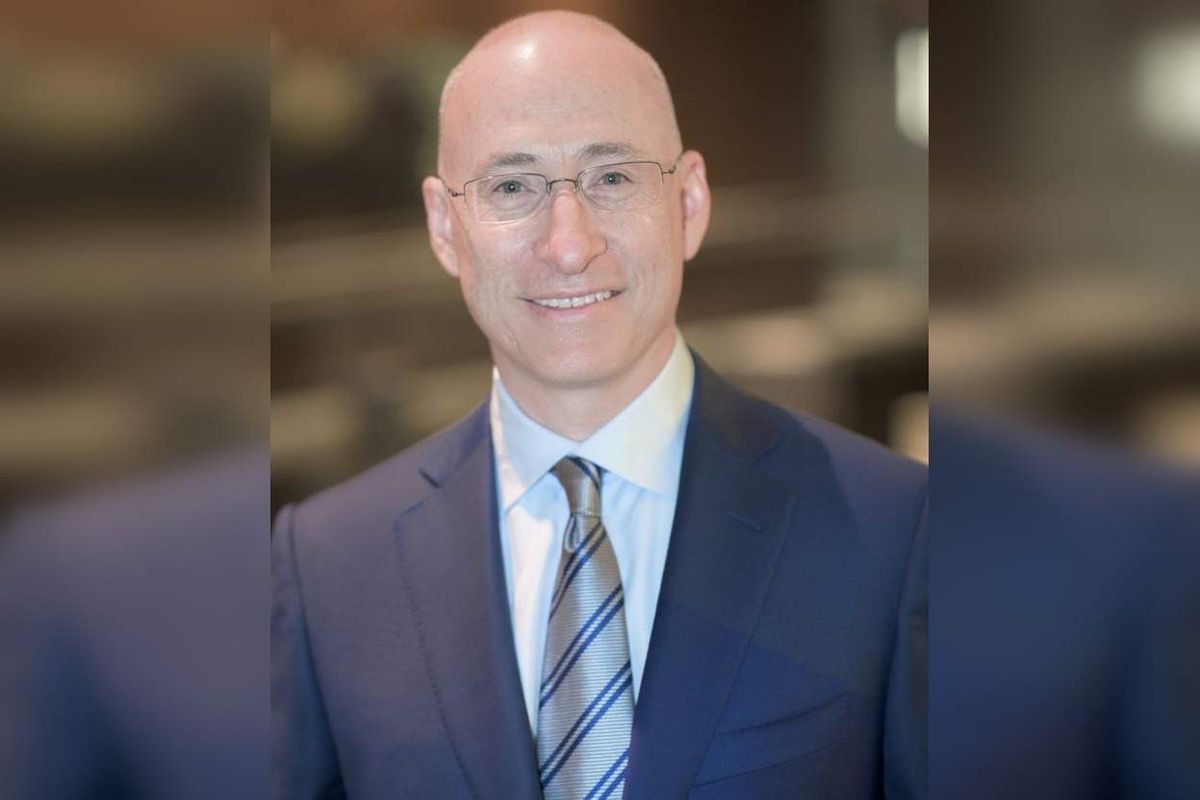Editor's note: Every week, I introduce you to a handful of Houston innovators to know recently making headlines with news of innovative technology, investment activity, and more. This week's batch includes a new innovator in residency, a Houston startup lawyer, and a neurodegenerative therapeutics CEO.
Evan Collins, innovator in residency at Houston Methodist
 Dr. Evan Collins, an orthopedic surgeon and chief of the Houston Methodist Hand & Upper Extremity Center, was named the hospital's first innovator in residency. Photo via drevancollins.com
Dr. Evan Collins, an orthopedic surgeon and chief of the Houston Methodist Hand & Upper Extremity Center, was named the hospital's first innovator in residency. Photo via drevancollins.comDr. Evan Collins, an orthopedic surgeon and chief of the Houston Methodist Hand & Upper Extremity Center, is the inaugural innovator in residency at Houston Methodist Center for Innovation.
What does an innovator-in-residency do? Collins sat down with InnovationMap to explain. His role, he explains, is to encourage other clinicians to get involved in the innovation process, particularly using digital health care programs.
“When you look at all the technology, especially the digital technology that's being applied [in medicine], and the future of digital technology, whether you define it as AI or other variations, having a clinical perspective to vet a lot of these possible solutions, as opposed to just keeping it on the administrative side of things, has greater value,” he says. Read more.
Margarita Kelrikh, counsel at Pillsbury

Margarita Kelrikh joins the Houston Innovators Podcast to discuss her career, legal tips for startups, and why she's dedicated to the Houston startup community. Photo courtesy
After working at WeWork and its upstart competitor for several years, Margarita Kelrikh realized it was time to move back into a law firm where she could help more early stage Houston startup clients. She recently joined Pillsbury's Houston office as counsel.
"I realized I wanted to work with the people who I worked with in the past, and the only way I could do that is if I went back to a law firm," she says, explaining that working in house means you can only have one client: your employer. "It's about having that variety and being able to work with a wide array of people."
Kelrikh shares some of her go-to startup legal advice on this week's episode of the Houston Innovators Podcast, and she emphasizes how ready and willing she is to serve the Houston startup community. Read more.
Howard Berman, CEO and co-founder of Coya Therapeutics

Coya Therapeutics is looking into how a trendy weight loss drug could complement its Alzheimer’s disease treatment. Photo via LinkedIn
Glucagon-like peptide 1, or GLP-1, agonists are all the rage right now thanks to drugs like Ozempic and Wegovy. Though they’re currently being prescribed for diabetes and weight loss, a Houston company reports that it may have found another use for GLP-1s.
Coya Therapeutics, a publicly traded clinical-stage biotechnology company, has filed intellectual property protection for a combination of its proprietary COYA 301 and GLP-1. Coya’s team believes that combining COYA 301, a low-dose interleukin-2 (IL-2) intended to enhance the anti-inflammatory function of regulatory T cells (Tregs), with GLP-1 could be a game-changer in the fight against Alzheimer’s disease.
According to Coya’s CEO, Howard Berman, “We believe that combination immunotherapy approaches will evolve to play a meaningful role in treating complex immune-based diseases that are driven by a host of pathophysiologic mechanisms.” Read more.




